Alzheimer’s disease is a progressive and aggressive kind of dementia that destroys memory and other mental functions. Sadly, as of 2024, this disease affects more than 6.7 million Americans and between 33 and 38.5 million around the world.
Over the past 100 years since doctors first diagnosed Alzheimer’s, medical researchers have been working tirelessly to find a drug that cures the currently incurable disease. And now, a groundbreaking study has revealed they may finally have the answer.
Understanding Alzheimer’s Disease
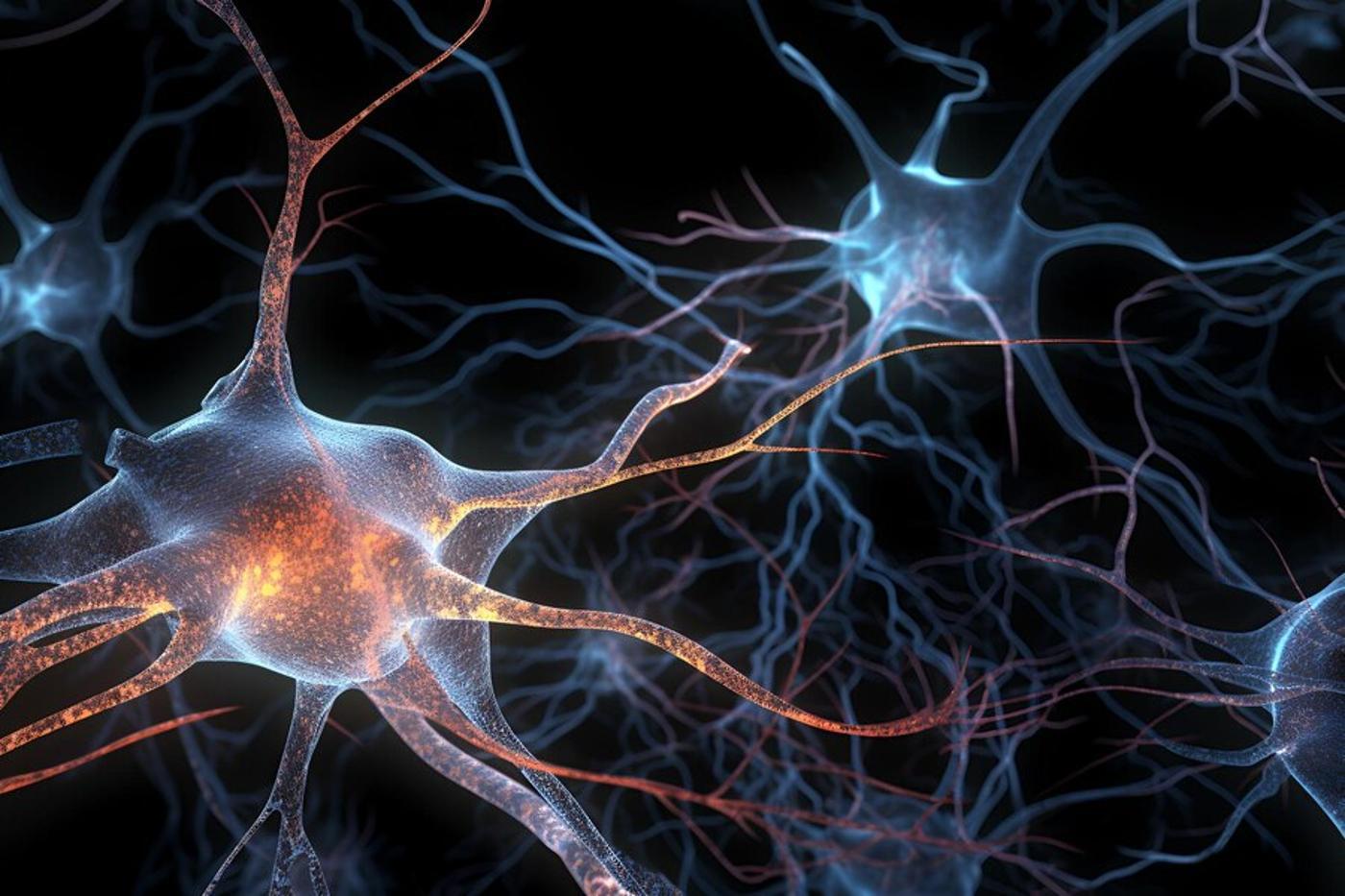
Many people understand the aftermath of Alzheimer’s disease, like when a person loses their train of thought, cannot process their surroundings, or forgets their memories. But fewer people have learned the physiological side of the disease.
Alzheimer’s occurs when parts of the brain shrink, which causes the neurons to stop functioning properly and eventually die. But while doctors know how this happens, they have yet to figure out a way to stop it.
The Causes of Alzheimer’s

Even with extensive research, the exact causes of Alzheimer’s are still elusive. Doctors believe that it is likely a combination of natural aging, genetics, and lifestyle choices, but they can’t yet say for sure.
Because the current causes cannot be pinpointed, it’s nearly impossible to prevent Alzheimer’s. Therefore, it is essential that doctors find a way to reverse the disease after it sets in.
Researchers Have Been Looking for a Drug to Reverse Alzheimer’s

Teams of researchers all around the world have been looking for a drug that will reverse Alzheimer’s, including one group at the University of Dundee in Scotland.
The researchers, led by Professor Jenni Harvey, focused their study on a naturally occurring hormone present in every person and noticed that, when concentrated, it has “dramatic effects on the brain.”
Using an Appetite Suppressant to Reverse Alzheimer’s
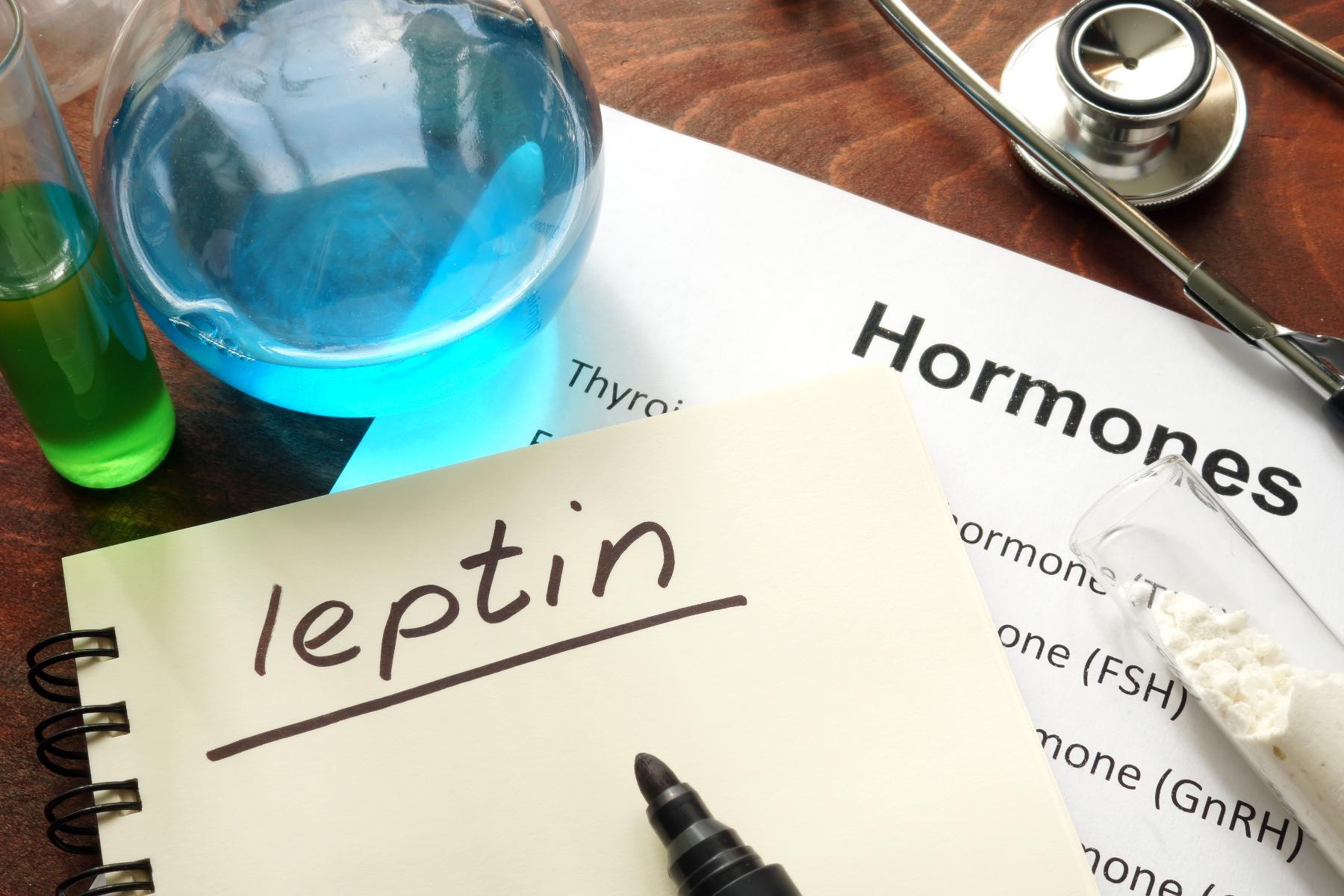
Harvey and her team have been analyzing a protein hormone called leptin. Leptin is an important hormone in the human body as it controls the hunger receptors. Essentially, leptin influences a person’s appetite, satiety, and long-term energy reserves.
However, Harvey found that leptin has other benefits as well. In a press release, Harvey explained that “leptin can block the ability of amyloid and tau to interfere with [the brain’s] synapses,” both of which cause memory loss and further Alzheimer’s disease.
Leptin Can Block Protein Build-Up That Causes Alzheimer’s
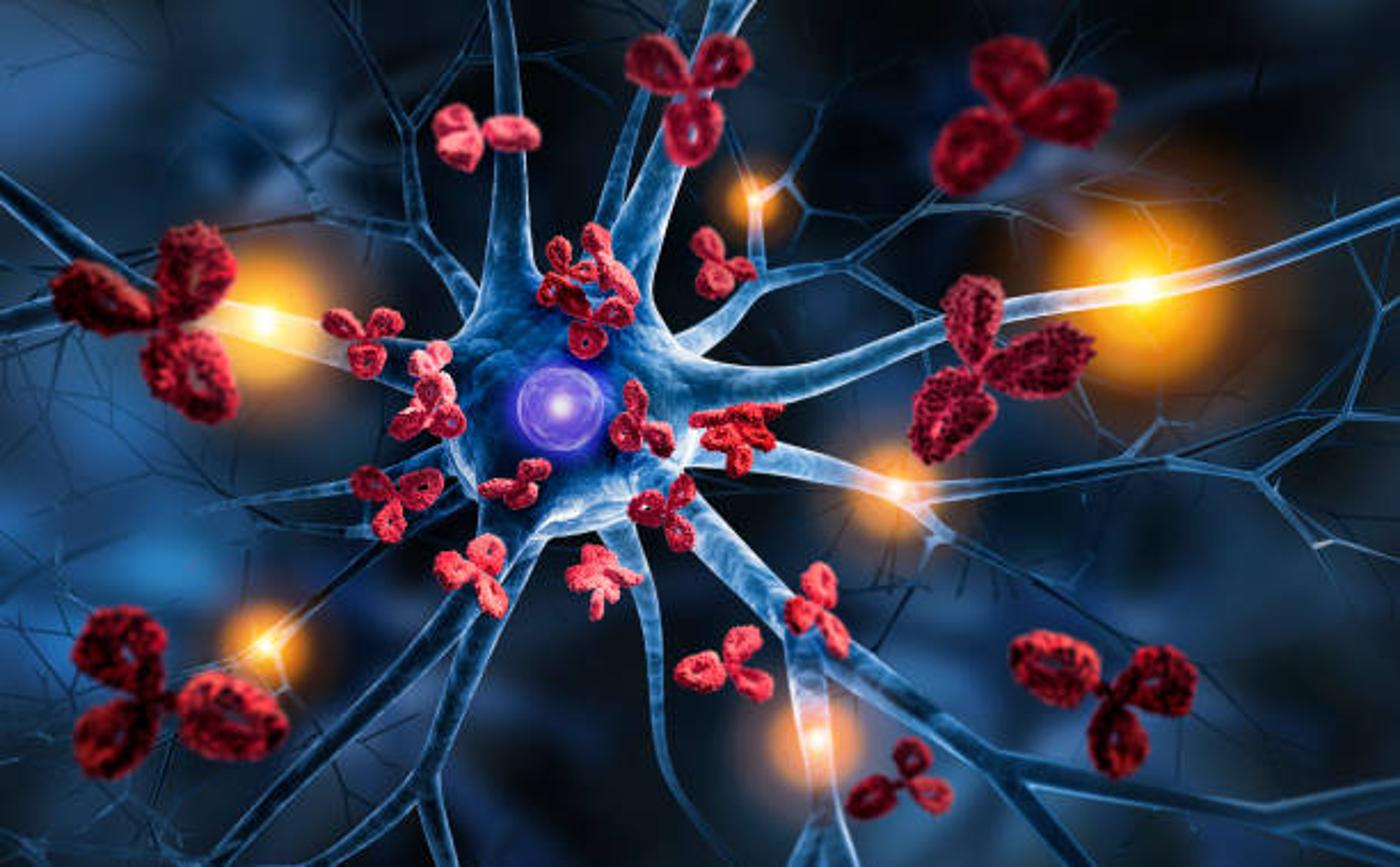
Both amyloid and tau are proteins that build up in the brains of those with Alzheimer’s. When the disease sets in, the existing blood-brain barrier thickens, keeping glucose from reaching the brain and naturally clearing away these potentially harmful proteins.
An excessive number of these proteins blocks the natural blood flow of the brain between neurological pathways, which leads directly to the death of brain cells and the subsequent symptoms of Alzheimer’s.
Blocking the Proteins Could Cure Alzheimer’s

The hope is that, by using leptin to block the increase of these proteins in the brain, doctors will finally be able to stop the disease in its tracks and possibly even reverse it completely.
However, getting leptin into the brain isn’t going to be easy. Because the brain is protected by a blood-brain barrier, only the smallest molecules can pass through to the brain.
Researchers Are Working to Shrink Leptin to Pass Into the Brain

Once Harvey and her team established that the leptin hormone could, in fact, stop the harmful proteins from increasing in the brain, their next task was to try to find a way to inject leptin into the brain.
Harvey explained that “[they are now] focusing on reducing the size of the leptin molecules to increase the likelihood of crossing the blood-brain barrier.”
Many Drugs Fail Because They Cannot Cross the Blood-Brain Barrier
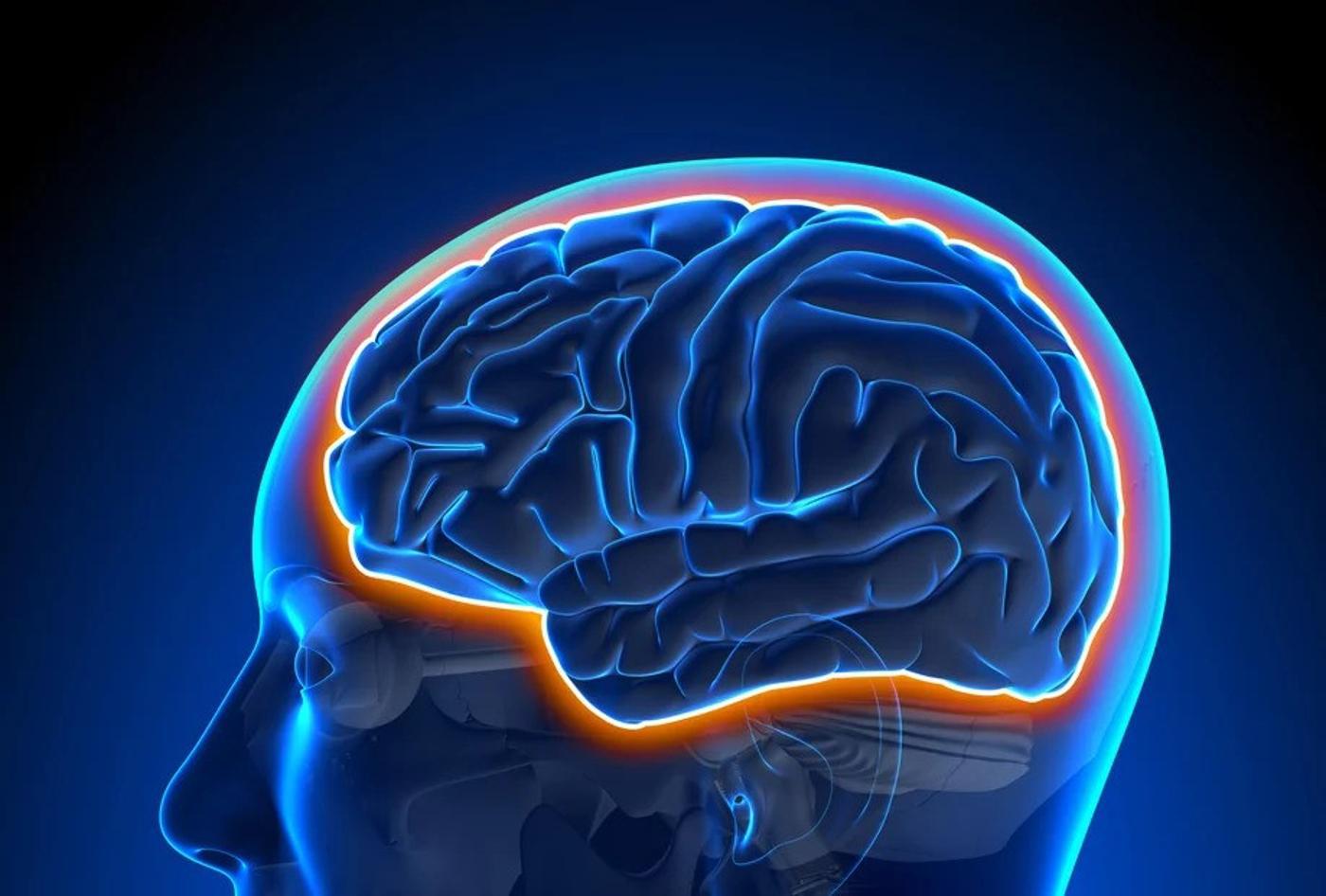
But this is no easy task. Harvey explained, “A lot of drugs fail because they are unable to cross the blood-brain barrier to access the brain.”
Therefore, it may take years before they are able to turn leptin into a functioning drug that can actually cure the degenerative disease. Harvey said, “Developing drugs is not a quick process, most drugs take around 10 years.”
The Alzheimer’s Drug Will Have to Go Through Several Rounds of Testing
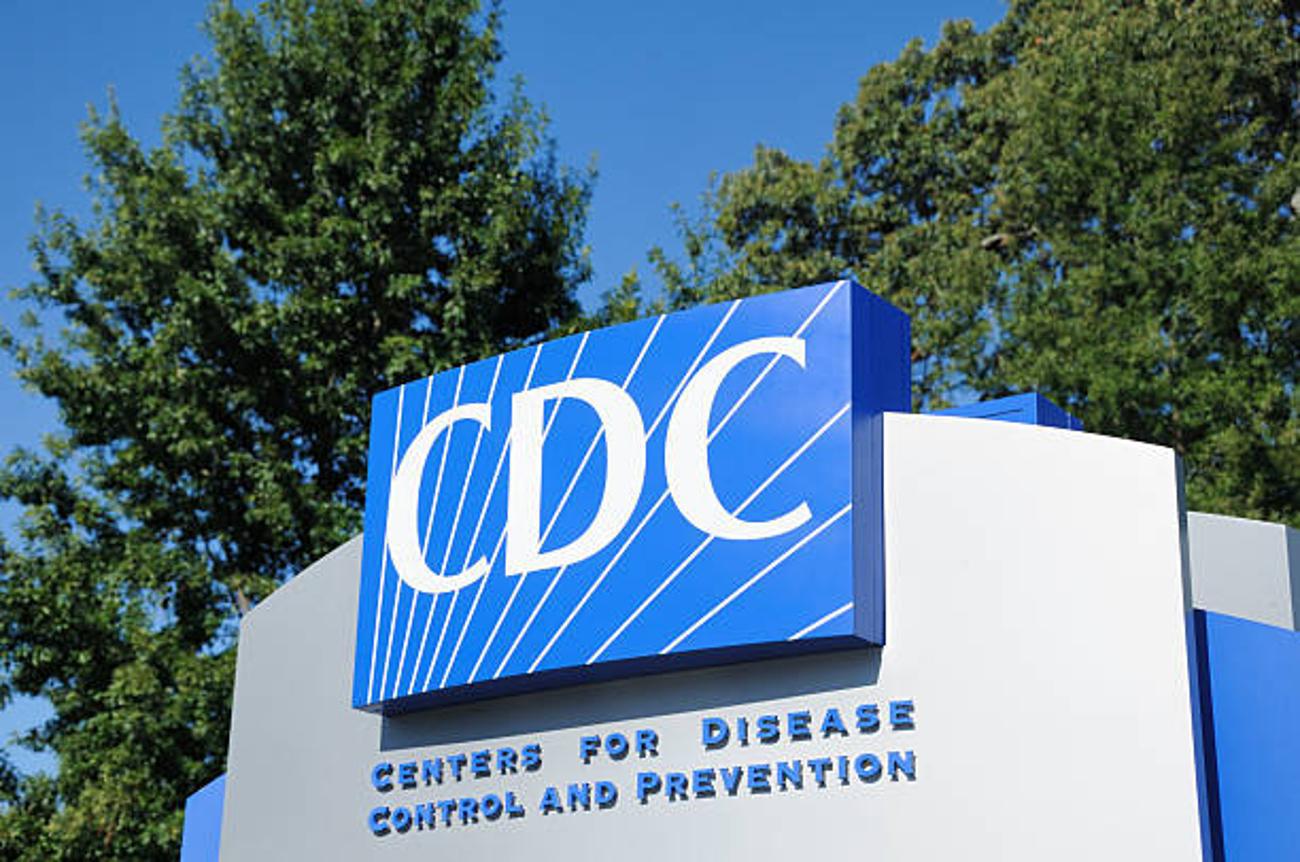
Additionally, even when Harvey and her team have successfully shrunk leptin enough to allow it to pass through the blood-brain barrier, it will still have to be tested for years before it is ready for use.
Each nation has its own federal organizations, such as the CDC, the FDA, or, in the United Kingdom, the Medicines and Healthcare Products Regulatory Agency, which require extensive testing before approving a drug for its citizens.
Leptin Will Only Work for Those Recently Diagnosed With Alzheimer’s

Additionally, Harvey made it clear that while leptin could absolutely change millions of lives, it would have to be administered during the early phases of the disease in order to prevent or reverse the first few symptoms.
She said, “We’re working at the level of synapses which are the communication points in the brain because synapses are affected early in the disease process, when Alzheimer’s is still reversible.”
Stopping Alzheimer’s Truly Is a Cure

However, it’s important to understand that stopping the disease in the early stages is essentially a cure. If those affected do not lose their cognitive abilities, they can continue to live perfectly normal and happy lives with their loved ones.
As Harvey explained, “Our research shows that leptin could significantly slow, or even stop, the disease developing.” Hopefully, that means that by the time the next generation retires, Alzheimer’s could literally be a disease of the past.








































